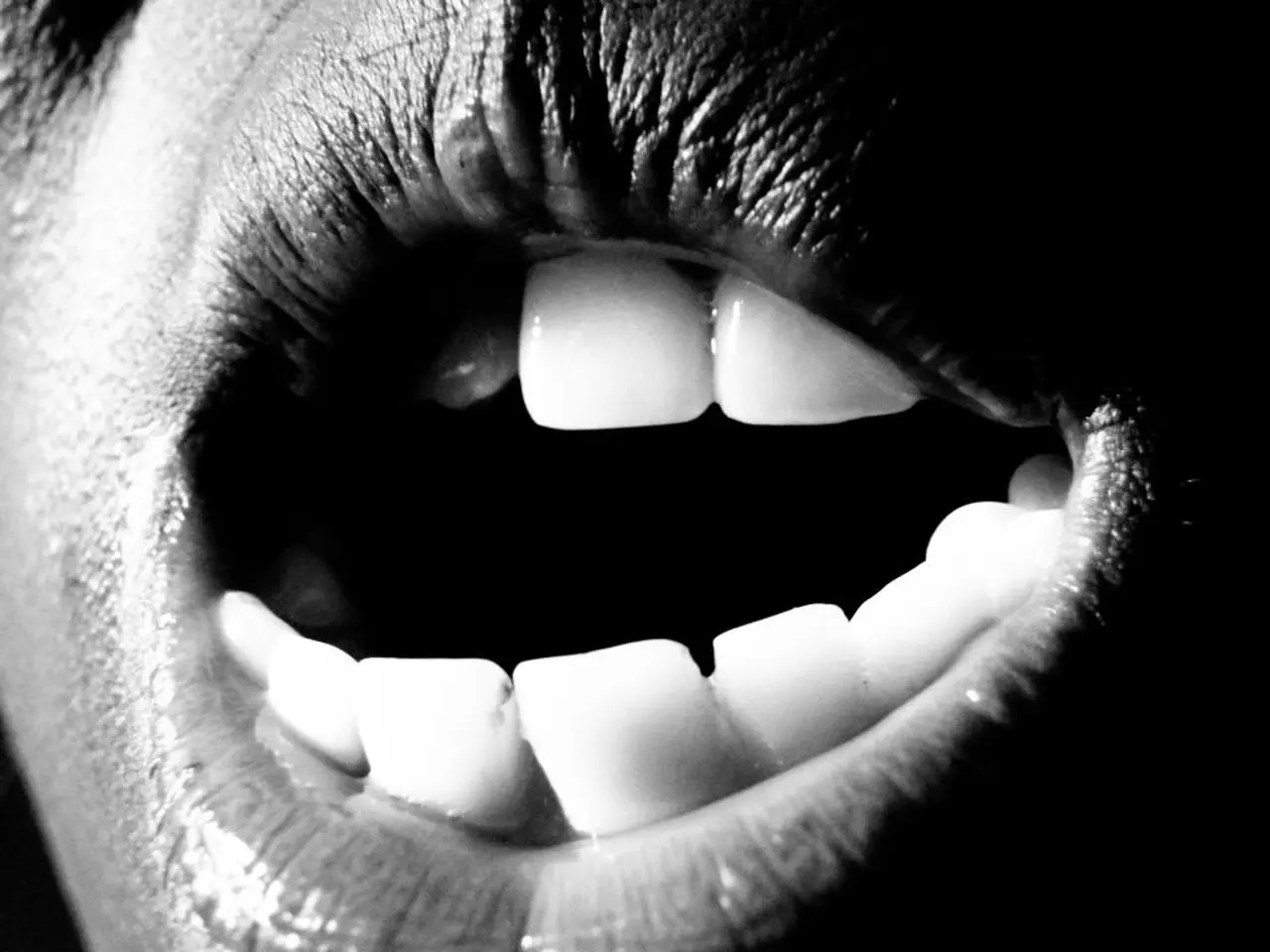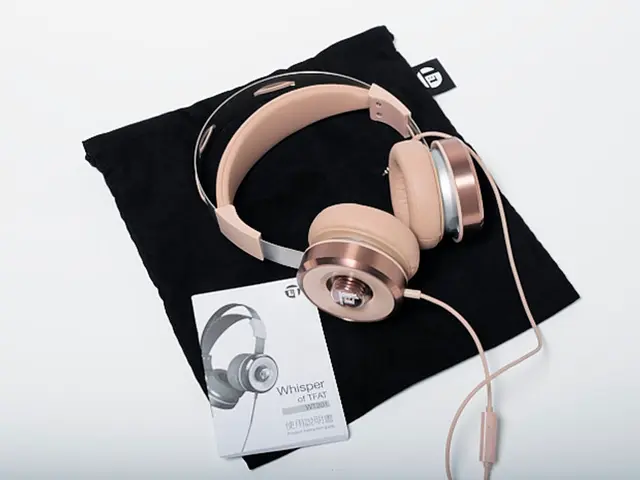Strategies for Preventing Excessive Tooth and Jaw Wear
In the world of sleep disorders, one condition that often goes unnoticed is bruxism, a condition characterized by teeth grinding and clenching. This article aims to provide a comprehensive guide on various methods to alleviate the symptoms of bruxism.
Bruxism can lead to a host of problems, including headaches, earaches, jaw pain, stiffness or pain in the jaw, poor sleep, and worn-down or broken teeth. Fortunately, there are several options available to help manage this condition.
Over-the-counter mouth guards, while not as effective as professional ones, are a more affordable option and can provide some relief. For those seeking a more personalized fit, products like Dental Duty's mouth guard and the Oral-B Nighttime Dental Guard can be semi-custom-molded for both nighttime and daytime use.
Professional custom-made mouthguards, typically costing between $200 and $500 on average in the USA, are the best way to prevent worn-down teeth and alleviate symptoms like headaches and jaw pain. However, it's important to note that insurance does not often cover these devices.
In the realm of alternative therapies, hypnosis and tapping (also known as the emotional freedom technique or EFT) have shown positive effects for some people with bruxism. Recent studies have found that Botox injections and the use of weighted blankets can also reduce the symptoms of teeth grinding in some individuals.
Jaw exercises, such as opening the mouth wide, touching the tongue to the front teeth, and saying the letter "N" out loud, can help relax jaw muscles and reduce tension before bed. Developing a yoga practice and reading before bed can also be reliable stress reduction techniques and aid in improving sleep quality.
Lavender, a known aromatherapeutic sleep aid, and magnesium, which may help relax muscle tissues, can be used to alleviate symptoms associated with bruxism. Additionally, general mouth guard care, including rinsing, gently brushing, soaking in vinegar occasionally, storing in a clean container, and avoiding hot water, is essential for maintaining the effectiveness of these devices.
It's crucial to wear the mouth guard every single night to ensure its effectiveness. For those suffering from bruxism, it's worth exploring these various methods to find the one that works best for them.
In conclusion, while bruxism can cause a range of problems, there are numerous methods available to help manage its symptoms and improve sleep quality. From over-the-counter mouth guards to alternative therapies like hypnosis and tapping, there is a solution for everyone. By adopting a consistent routine and taking care of their mouth guards, those with bruxism can find relief and sleep more peacefully.




